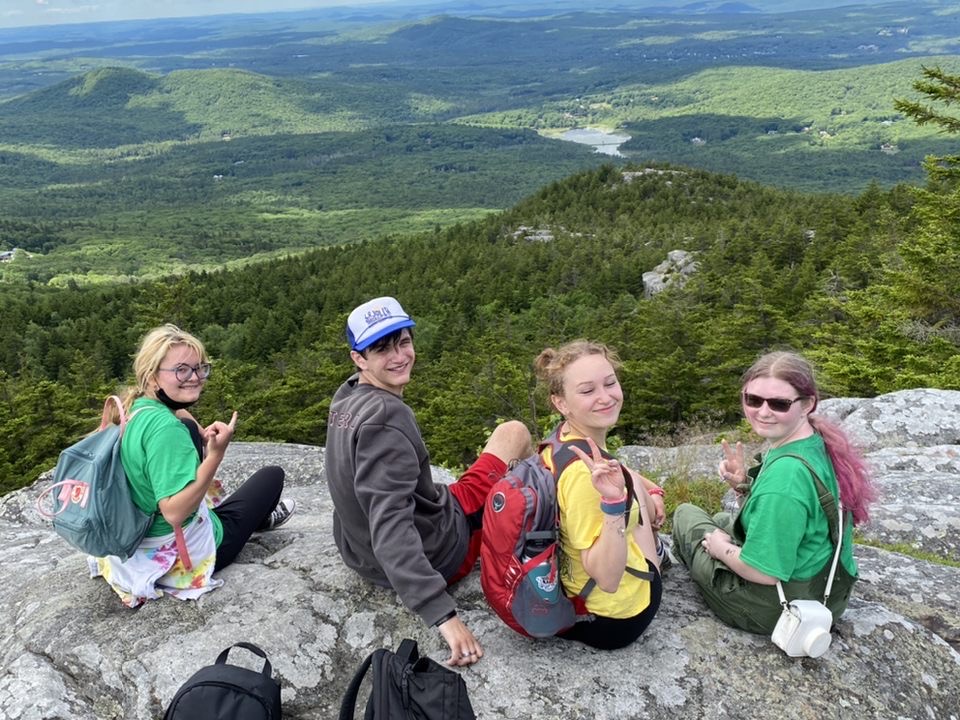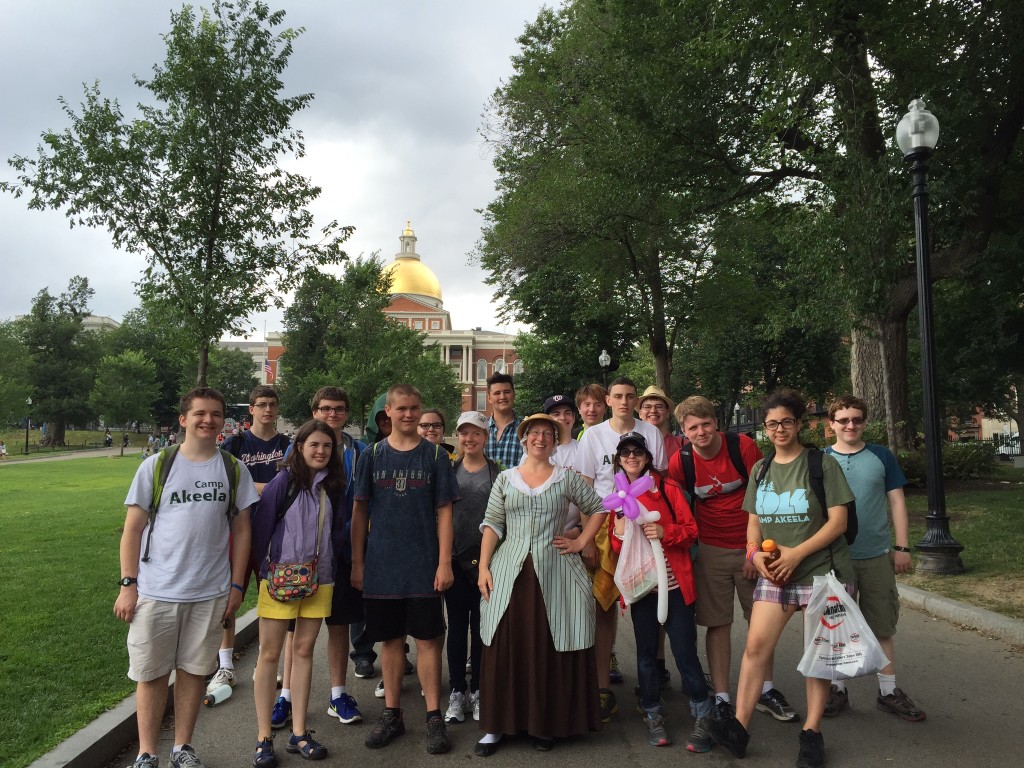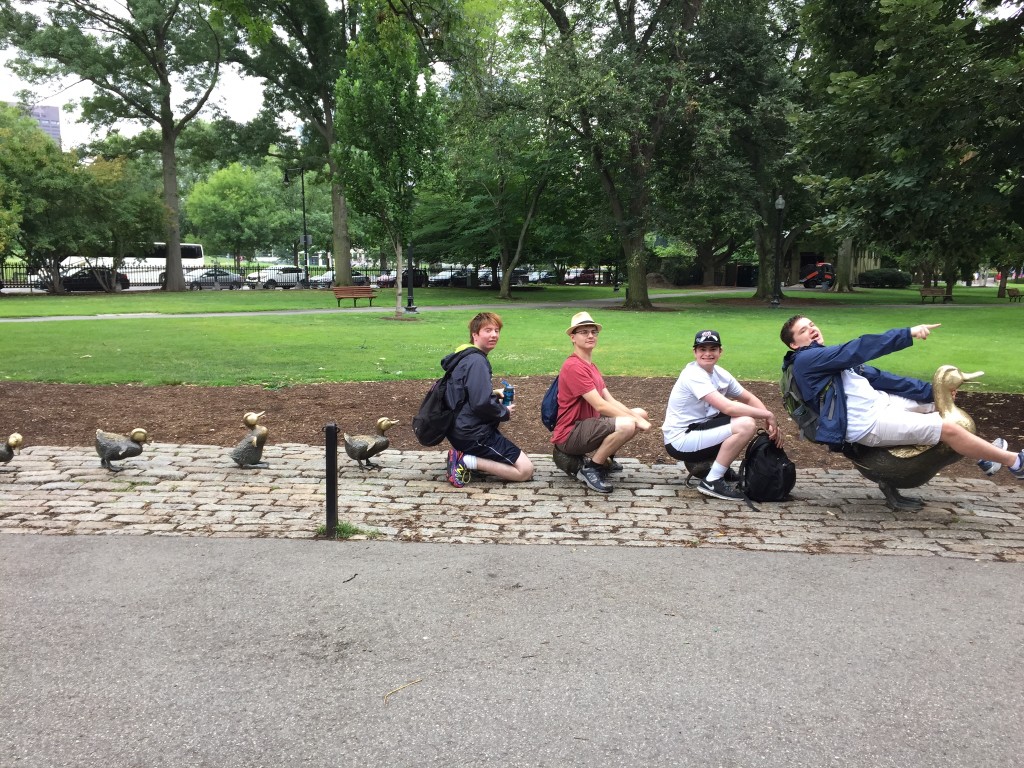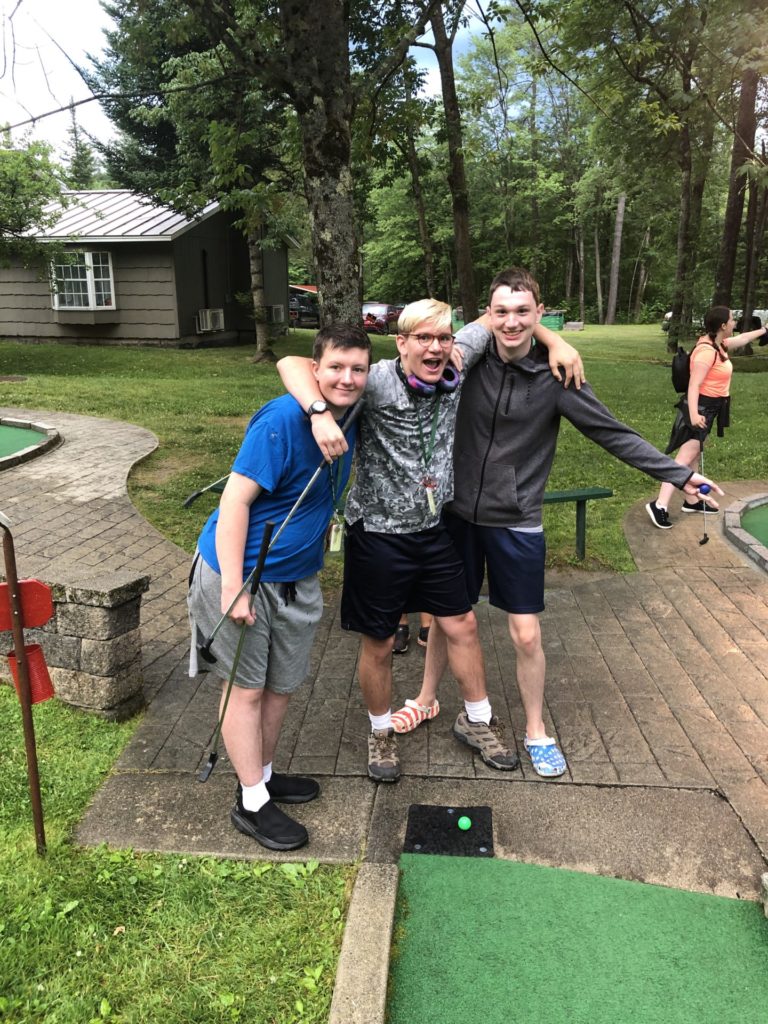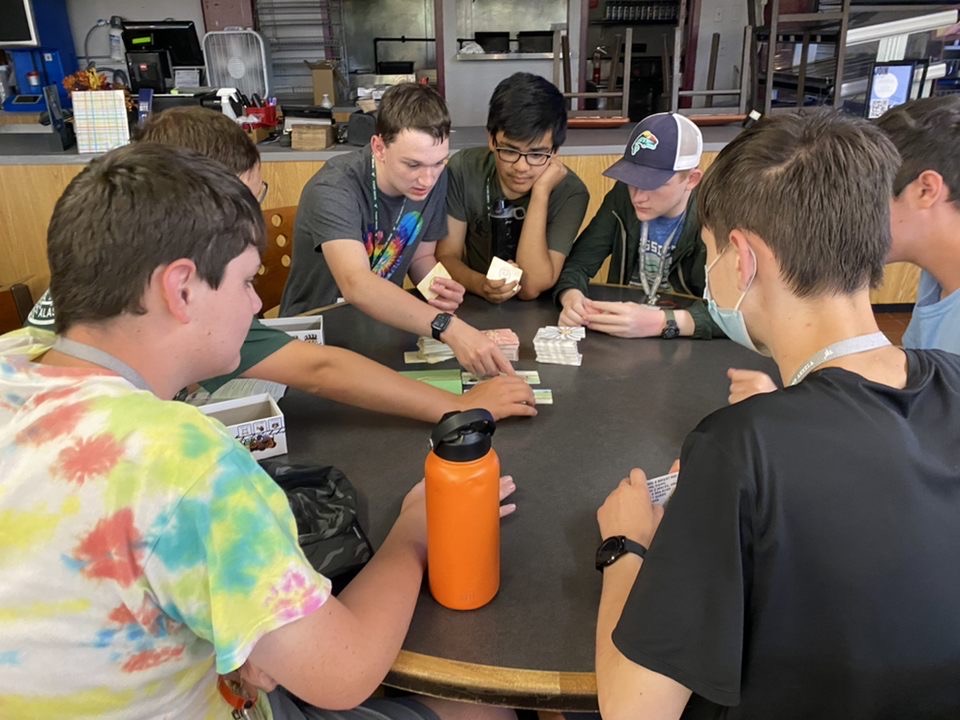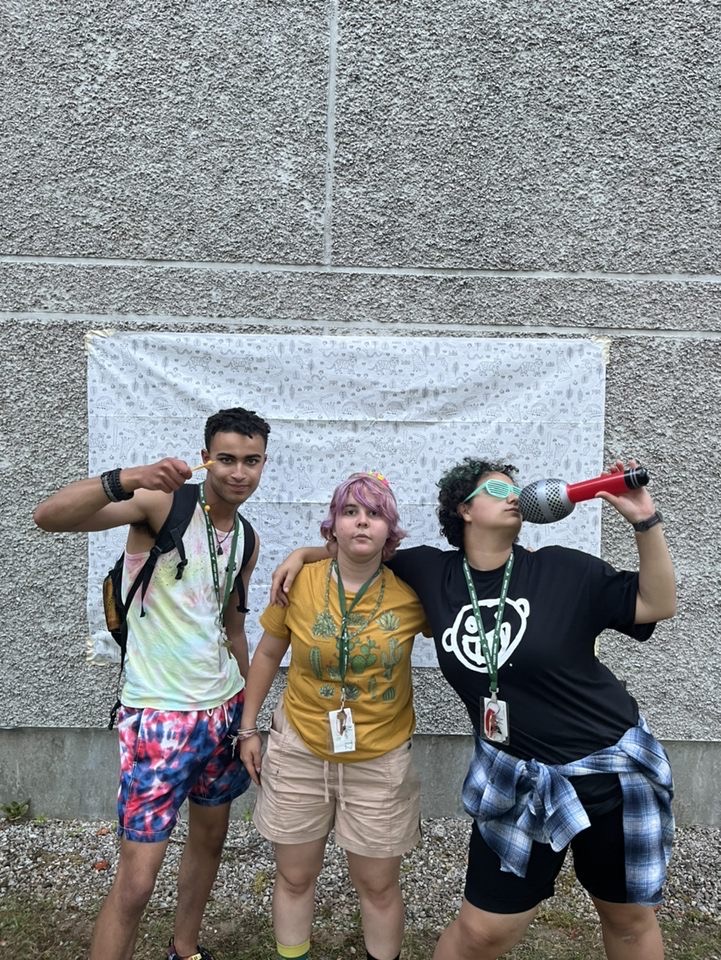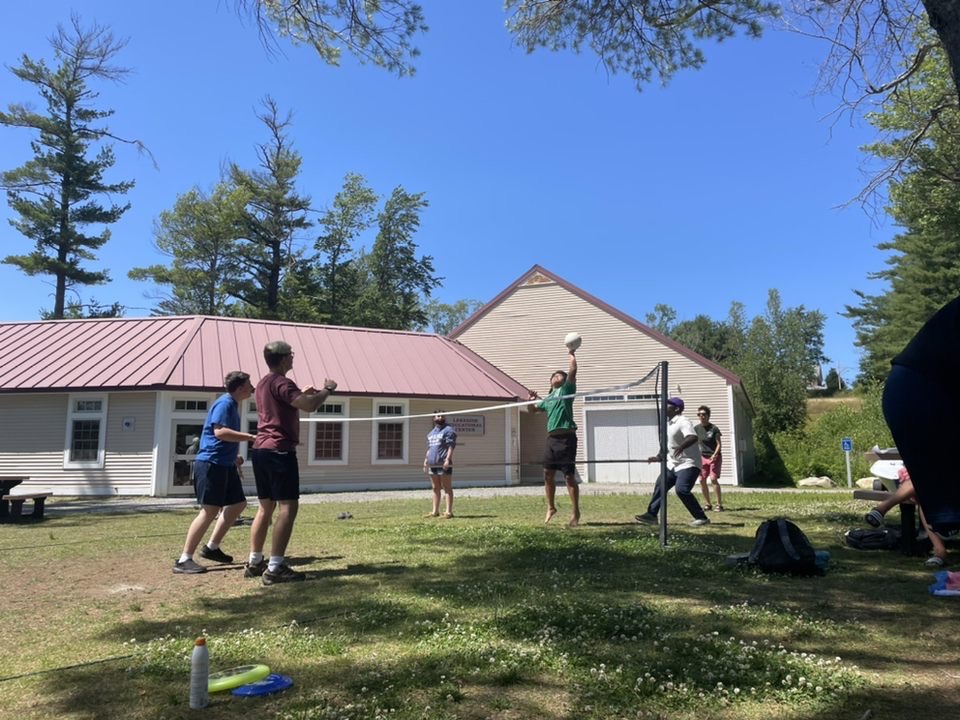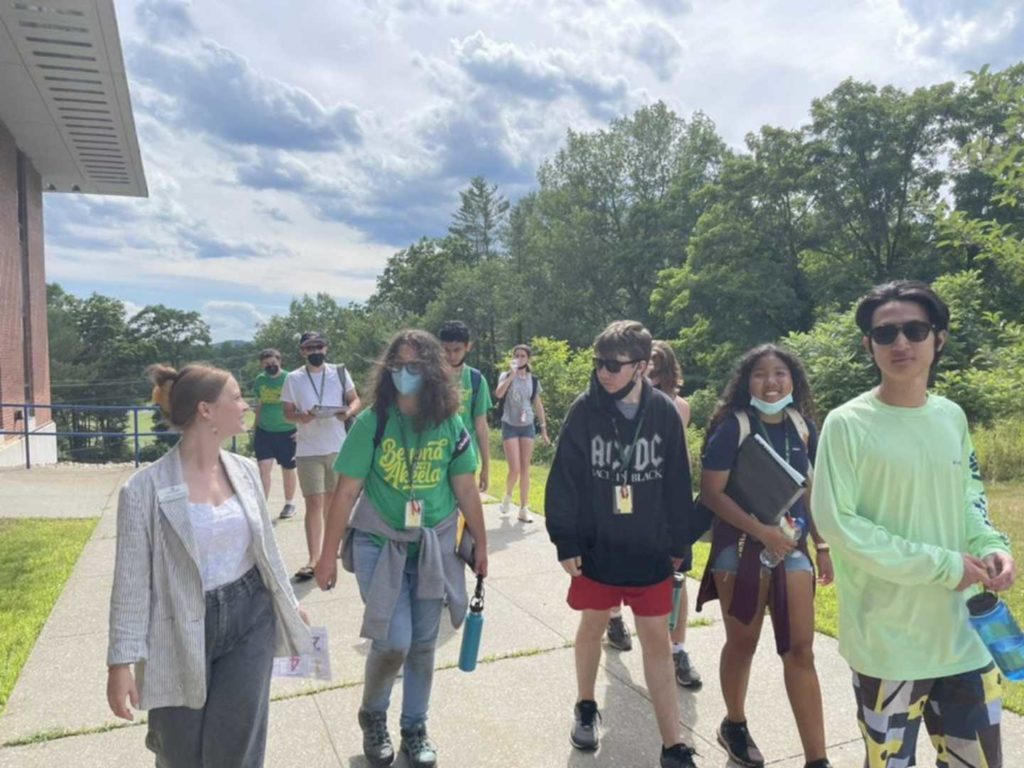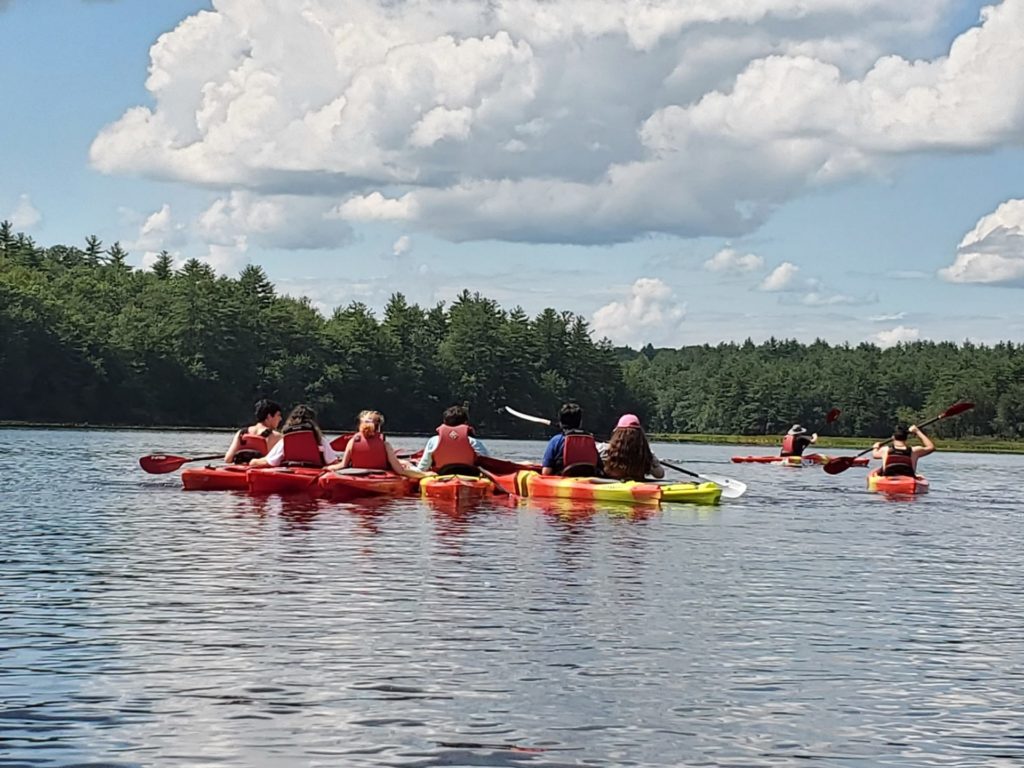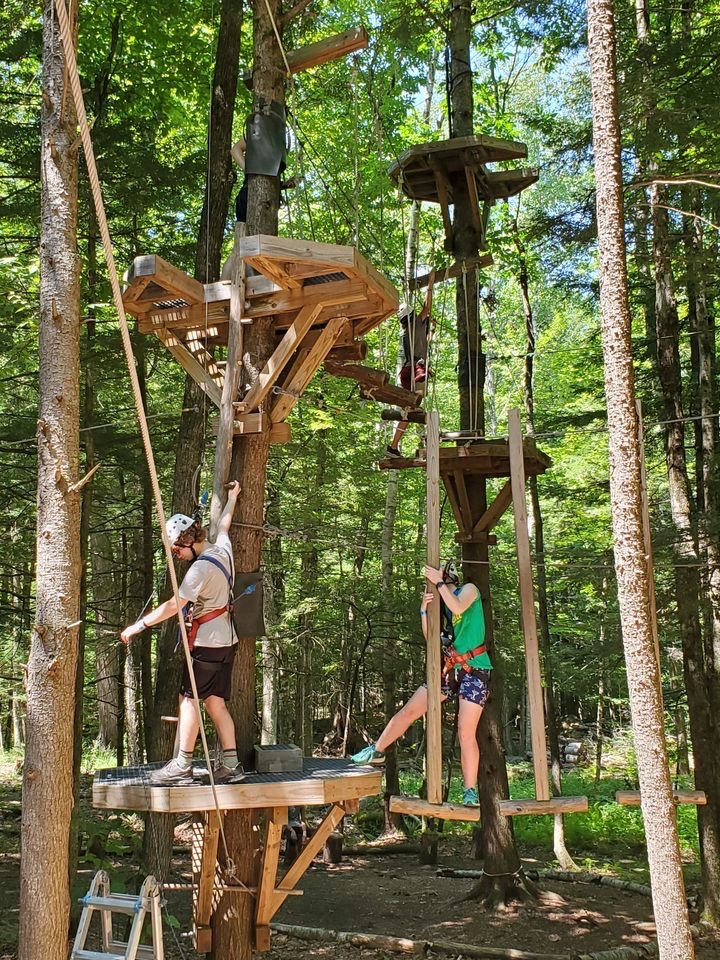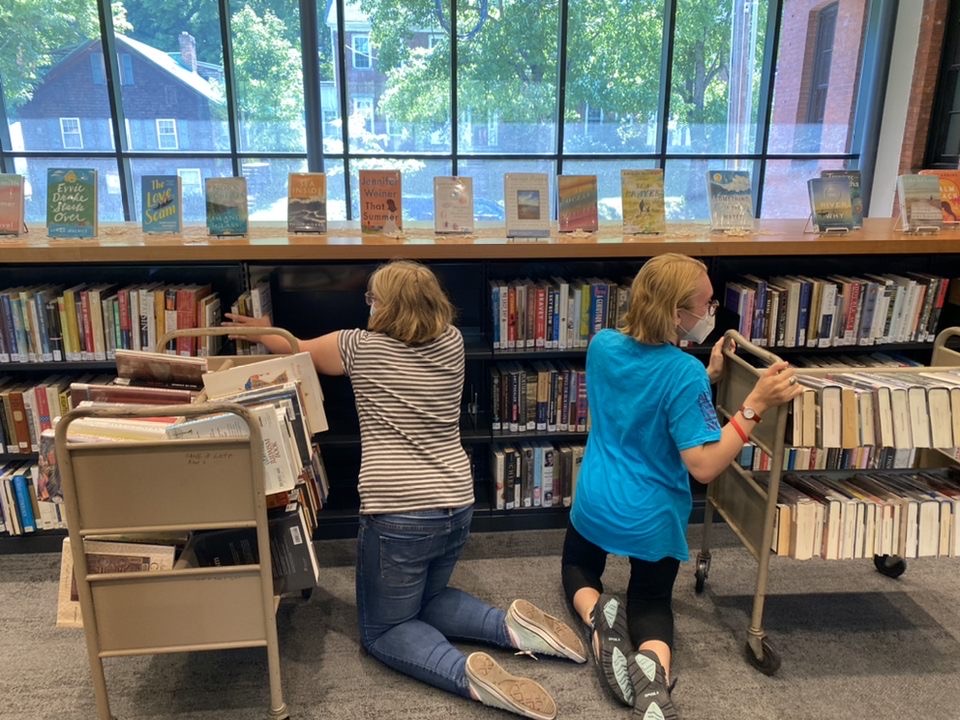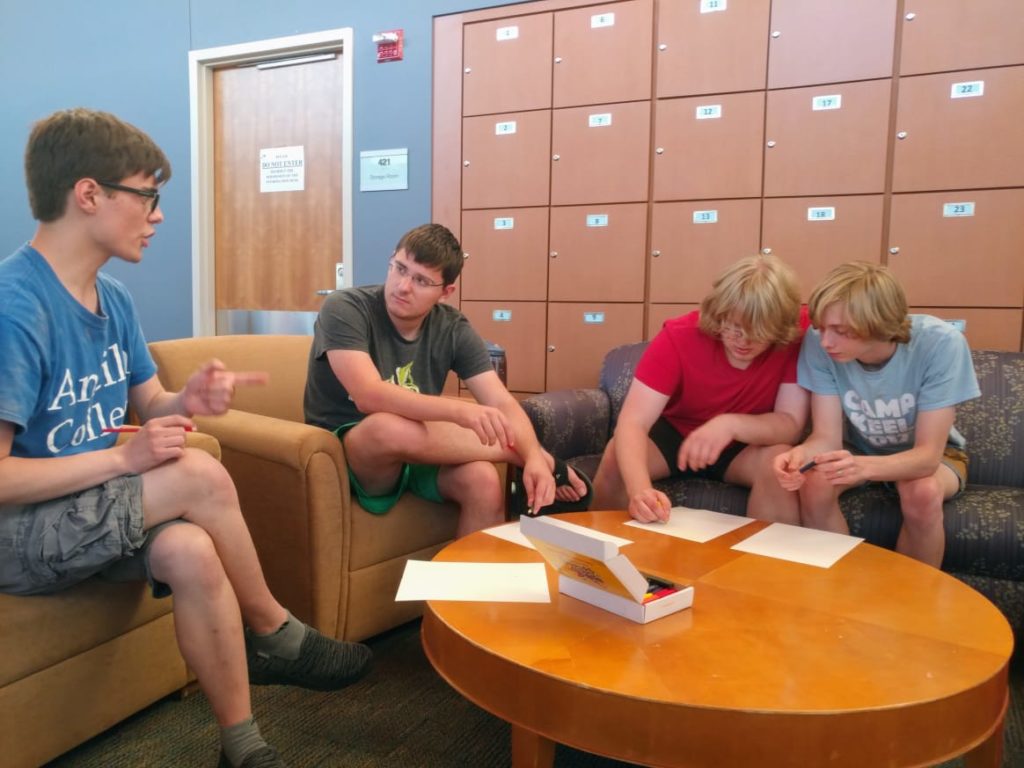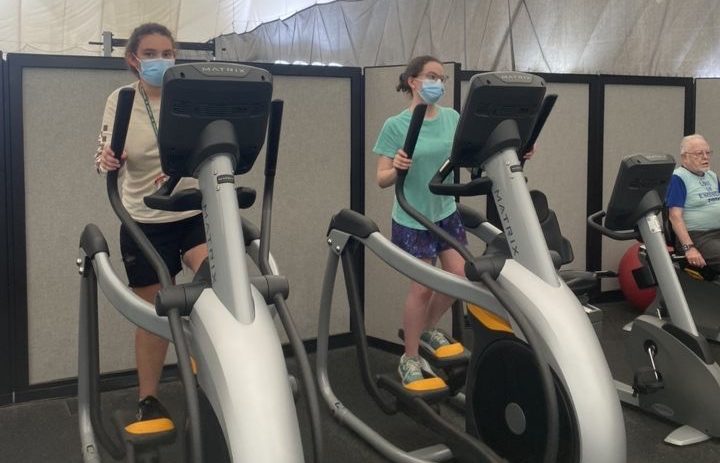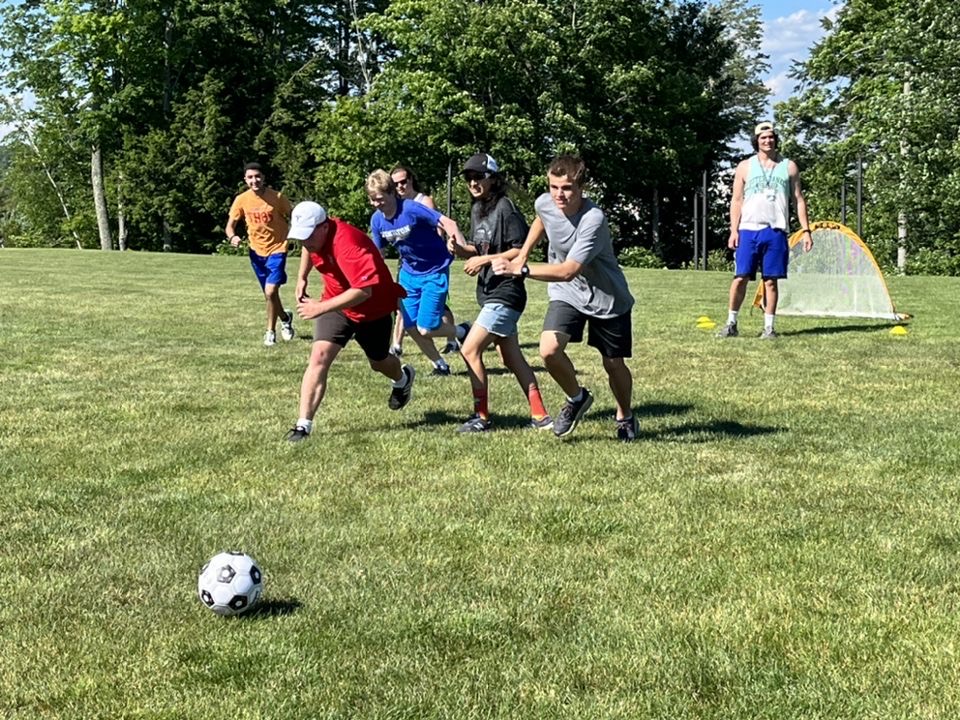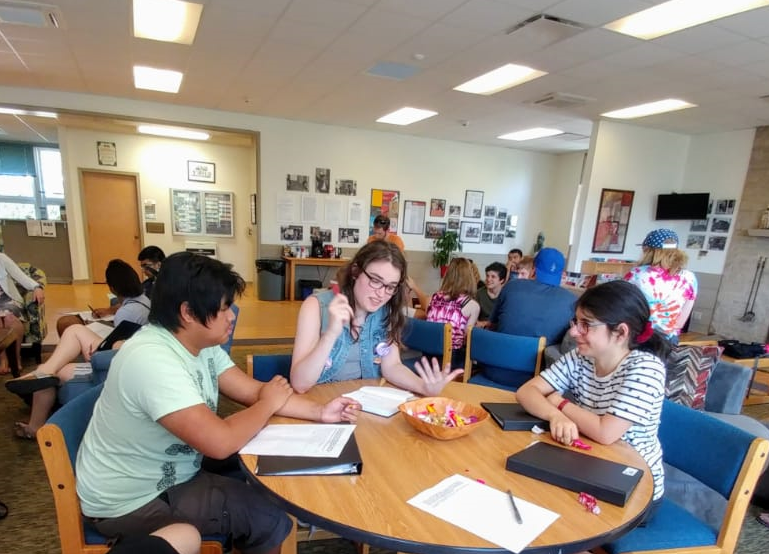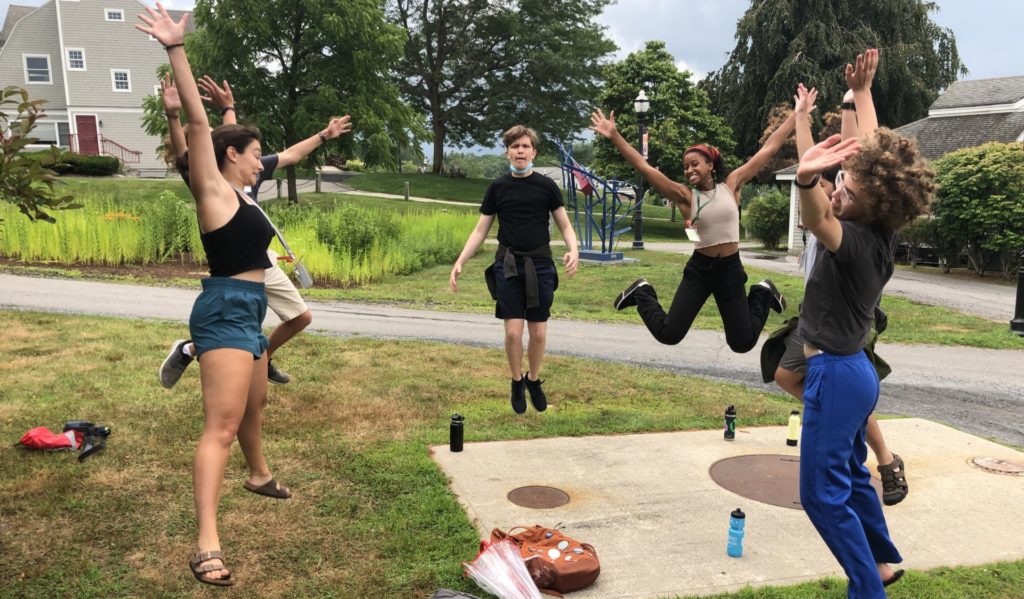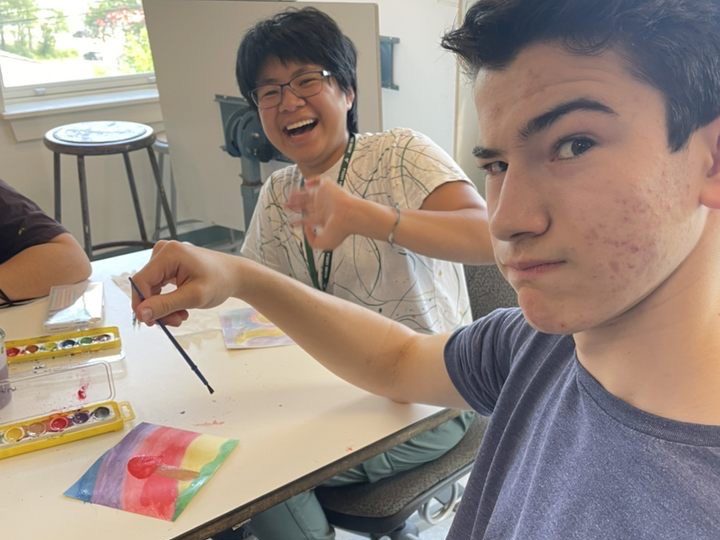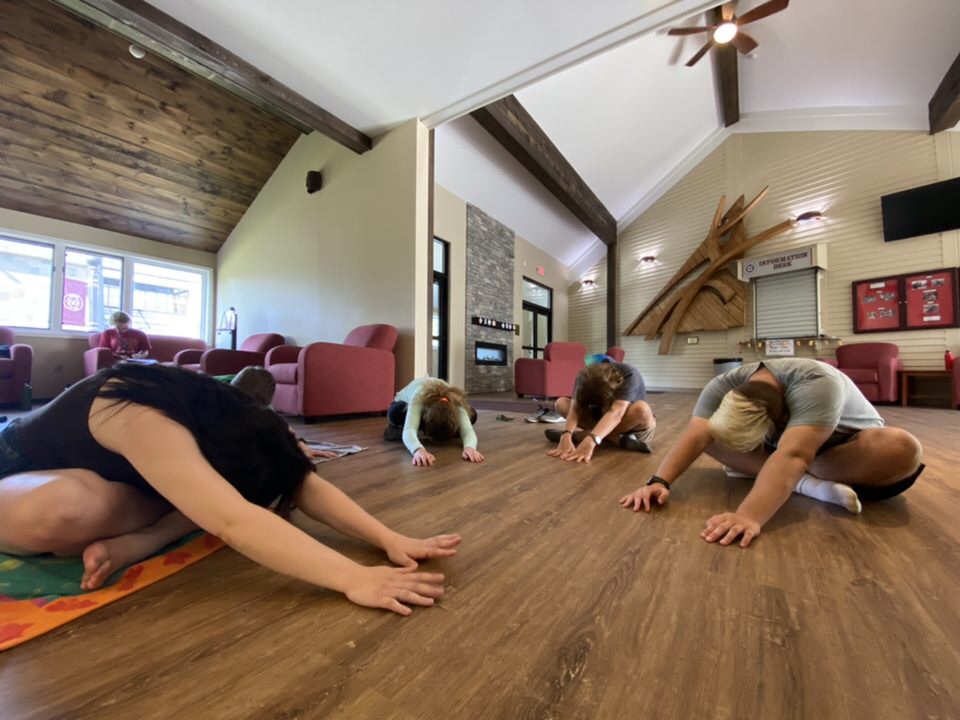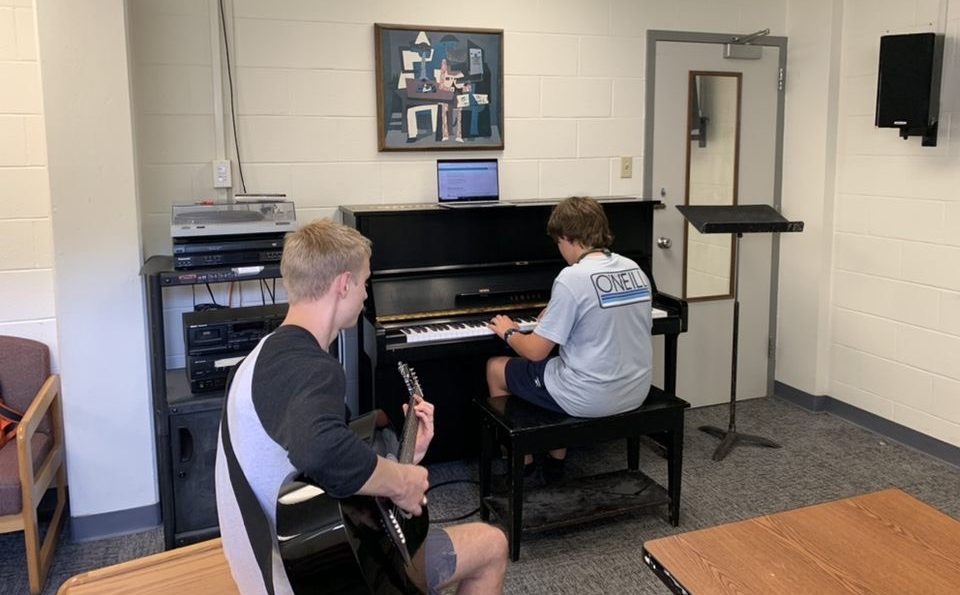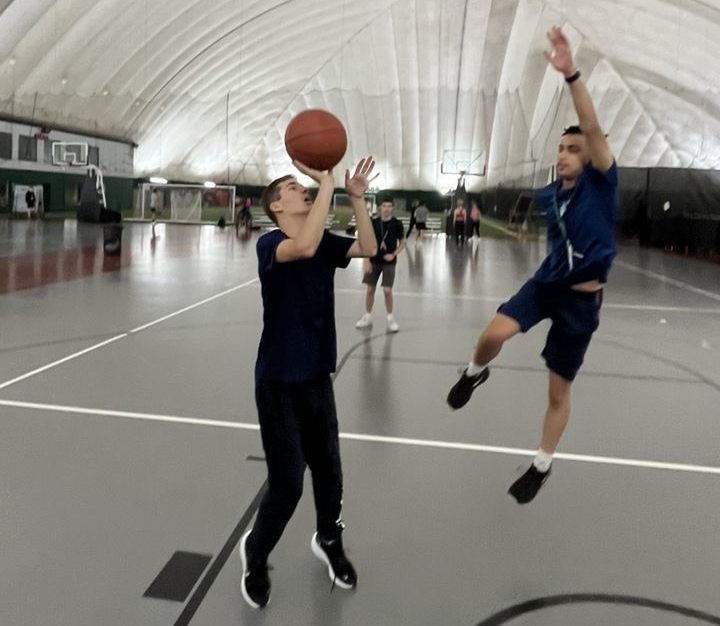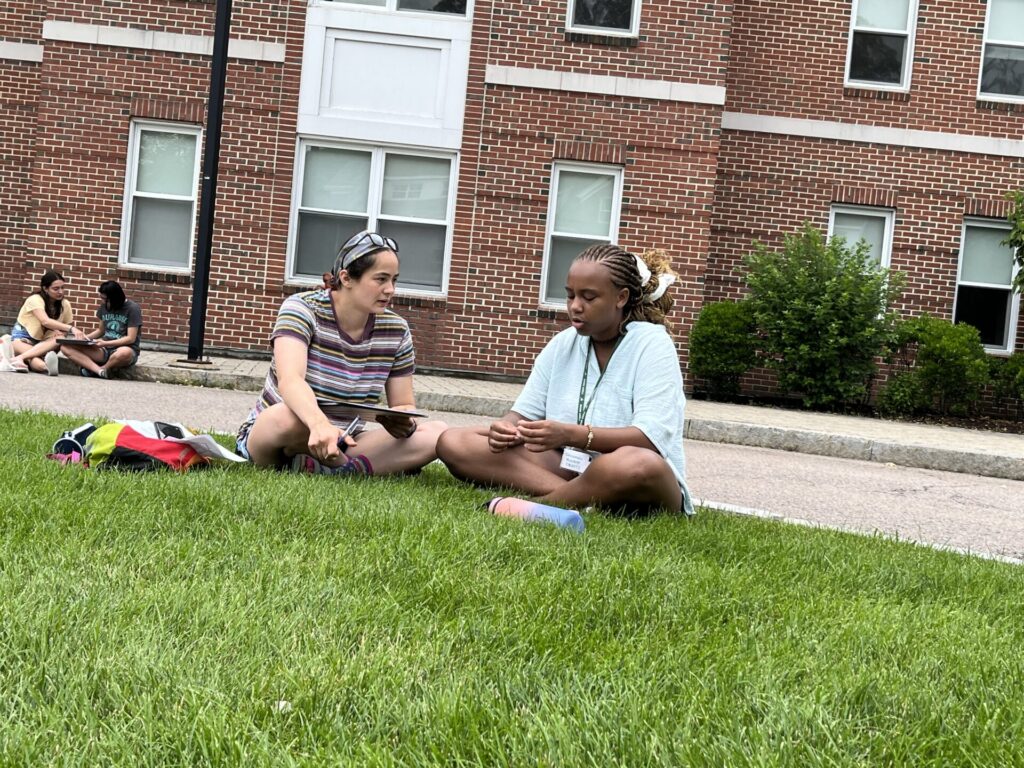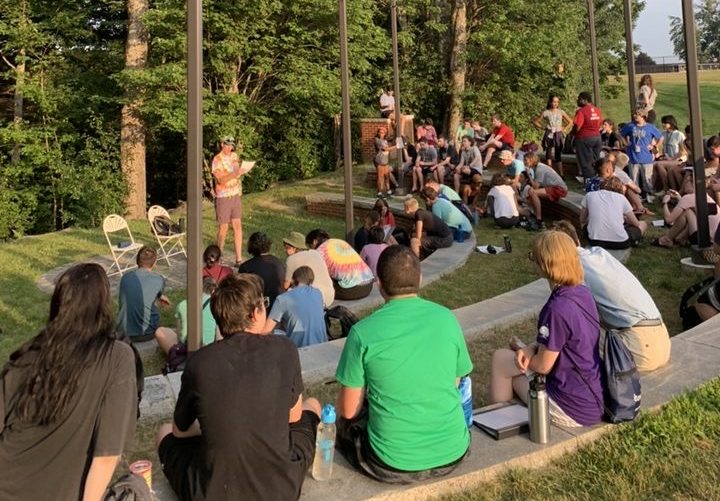A couple recent events have sparked some thoughts I wanted to share with our community. Both surround the concept of self-awareness and owning one’s “-ness.” Some may recall the Owen Wilson movie “You, Me, and Dupree” in which Owen Wilson’s character preaches finding your “inner -ness.” While the movie makes light of the phrase, I think there’s something to it that is extremely important for college success. This is especially the case for neurodiverse young adults.
Understanding Your ‘Ness'”
I was talking with a guardian of a high school senior recently who is planning to attend college next year. The student was recently diagnosed with ASD Level 1, and the guardian was unsure of how to and whether to discuss that with the student. Especially for teens in high school, I always feel strongly that neurodiverse young adults should know as much as they can about their neurological makeup. This allows them to better understand how they learn and the kind of support they should consider accessing. The long-term self-awareness gained from that knowledge is empowering and essential for college success.
On a similar note, I just started reading Dr. Perry LaRoque’s Taking Flight: College for Students with Disabilities, Diverse Learners and Their Families. I highly recommend the book for any family considering postsecondary education for their neurodiverse young adult. The book leads with a conversation about owning one’s identity and self-reflecting on college readiness. Dr. LaRoque emphasizes the importance of understanding your strengths, passions, and areas you need support in as an essential component of college success. All of these are best understood when you have an understanding of and confidence in your identity. This is especially true because colleges are not specifically designed for diverse learners.
How to Build Self-Awareness
So, where to go from here? The more teens are afforded opportunities to make decisions for themselves, the better! Decision making empowers young adults and builds confidence in their ability to make good choices for themselves. This could be as simple as planning out their meals for a few nights a week, to more complex decision making through leading an IEP meeting. There are going to be mistakes made along the way and that’s okay! Mistakes are great opportunities for learning. The collection of successes and mistakes help neurodiverse young adults establish a stronger sense of self, which is essential for their college success.



